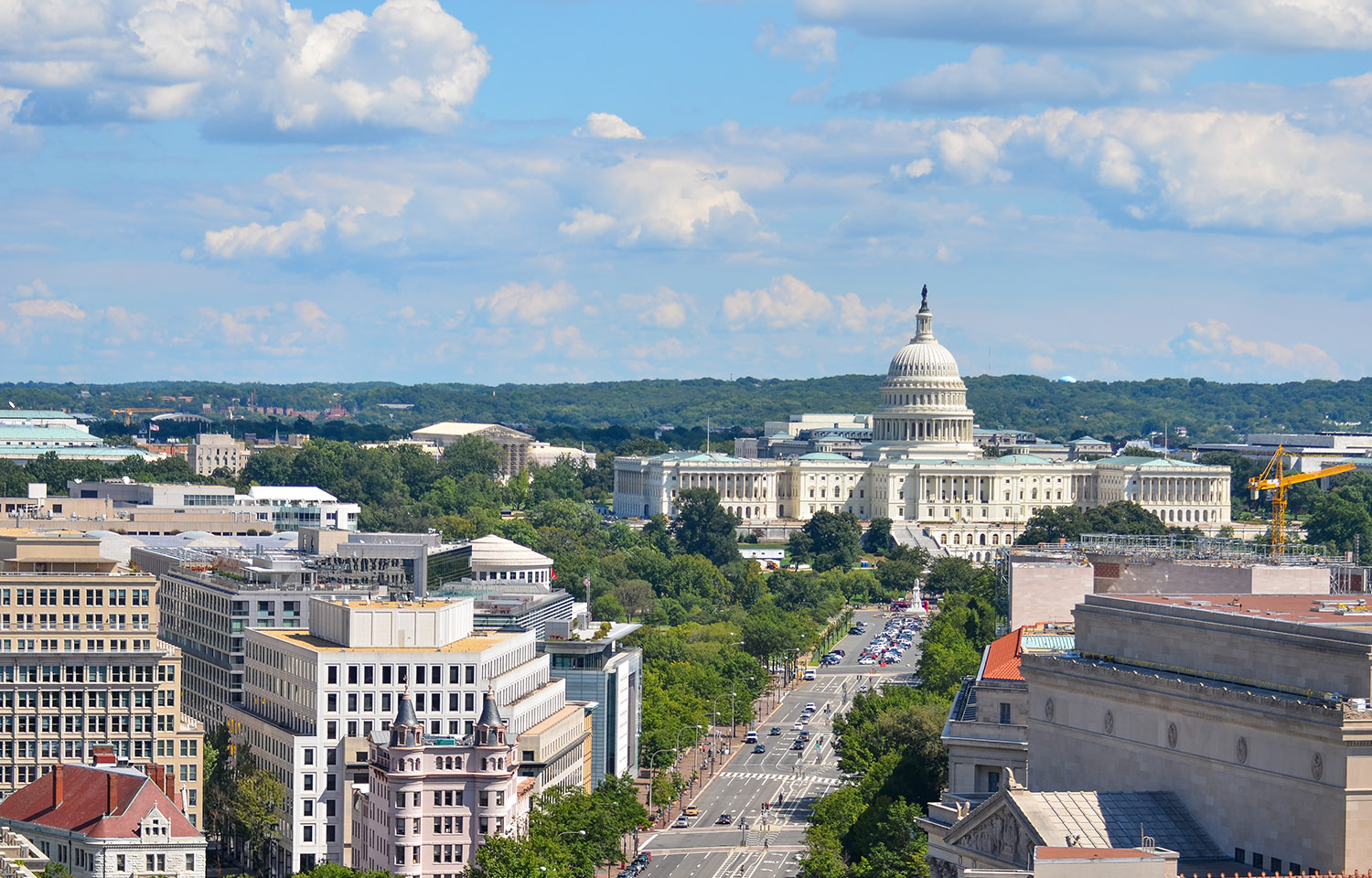Proponents of expanding offshore aquaculture in U.S. waters headed to Washington, D.C., in early May seeking support from federal lawmakers.
Earlier this month, Stronger America Through Seafood (SATS) flew in seafood industry representatives to meet with congressional representatives and advocate for offshore aquaculture in U.S. waters.
"The expansion of American fish farming in U.S. waters would provide economic opportunities in congressional districts across the country, including in both coastal and rural states,” SATS Campaign Manager Drue Banta Winters said. “From the creation of jobs across the seafood supply chain to complementing our nation’s wild fisheries and increasing our ability to feed more people healthy and affordable seafood, supporting growth of sustainable aquaculture in the U.S. should be a priority for all members of Congress. We look forward to demonstrating to lawmakers the direct benefits that an expanded aquaculture industry would provide the country.”
According to SATS, the companies participating in the trip were Cargill, Innovasea, JBS Foods USA, Merck Animal Health, and Zeigler Bros.
SATS also supports the Advancing the Quality and Understanding of American Aquaculture (AQUAA) Act, a bill that would establish national standards for offshore aquaculture in federal waters.
Separately, the Coalition for Sustainable Aquaculture (CSA) went to the nation's capital to push for the Science-based Equitable Aquaculture Food (SEAfood) Act, a separate piece of legislation promoting offshore aquaculture development.
“We are working to ensure safe and environmentally responsible access to valuable nutritious (and delicious) resources, and we hope to talk to many offices about how the SEAfood Act can play an important role in the U.S.’s safe, sustainable seafood industry,” Food and Planet Director of Global Research Chris Vogliano, a CSA member, said.
The SEAfood Act would authorize NOAA to establish an offshore aquaculture assessment program, as well as a grant program that would help minority-serving educational institutions create aquaculture centers of excellence. It would also order a government report on how the government could regulate offshore aquaculture.
"As fishermen, we value the ability to provide and access delicious seafood. Developing U.S. aquaculture is an opportunity to offer Americans more protein-rich seafood, but it needs to be done through a transparent process with stringent regulations that allow consumers to feel confident in what they buy and feed their families,” Charter Fisherman’s Association President Jim Green said.








